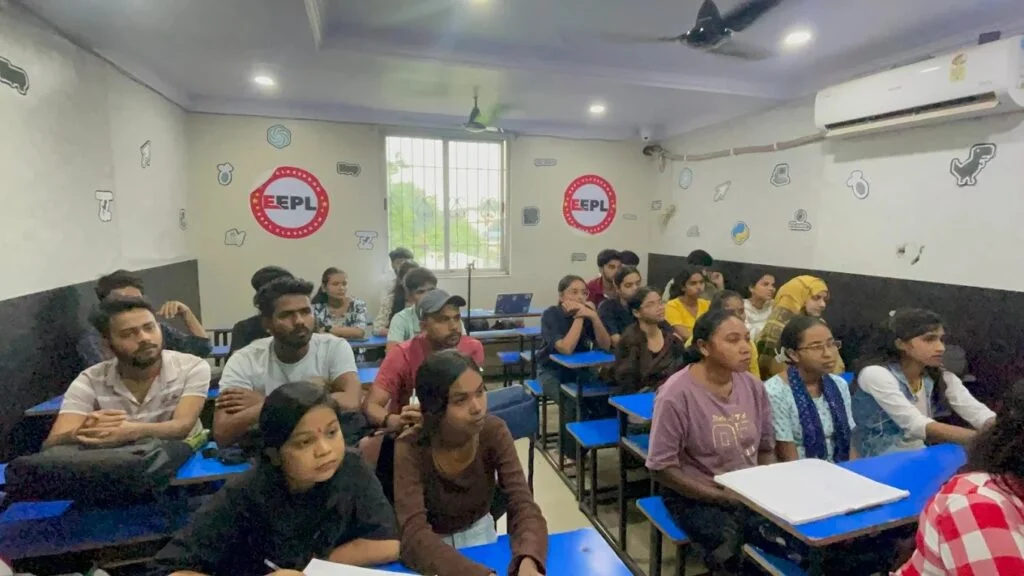Understanding the Importance of Note-Taking in Science
Effective note-taking is a fundamental skill that significantly enhances the learning experience, particularly in science subjects. The structured nature of scientific information often requires that students actively synthesize concepts while listening to lectures or engaging with texts. Well-organized notes contribute to deeper comprehension by enabling students to distill complex ideas into manageable pieces, fostering a clearer understanding of topics such as biology, chemistry, and physics.
One of the primary benefits of effective note-taking is improved retention of information. Research indicates that the act of writing notes stimulates cognitive processes, leading to better memory performance. When students engage with material by summarizing and paraphrasing, they are not merely transcribing what they hear; instead, they are actively processing information, which strengthens neural connections related to the subject matter. Consequently, notes serve as vital tools that reinforce learning and recall.
Moreover, organized notes can significantly enhance study efficiency. Rather than sifting through unstructured information, students can refer to clearly laid out notes that present key concepts and their relationships. This organized framework simplifies the review process, allowing students to identify areas that require additional focus and streamlining the preparation for exams. Quality notes encapsulate critical points, diagrams, and examples, consolidating learning in a way that facilitates quick and effective review.
Active engagement is crucial in this context, as the quality of notes is directly influenced by a student’s level of involvement in lectures or readings. Taking time to ask questions, participate in discussions, and connect concepts during classes improves note clarity and relevance. In conclusion, mastering effective note-taking not only aids in capturing essential information but also enhances overall academic performance in science subjects, ultimately leading to a more successful and enriching educational journey.
Key Techniques for Effective Note-Taking
Effective note-taking in science subjects is crucial for understanding complex concepts and retaining information. There are several techniques that can enhance the quality of your notes, ensuring that they serve as valuable study aids. Among these, the Cornell method stands out due to its structured format, which encourages active engagement with the material. This technique divides the page into three sections: cues, notes, and summary. By summarizing material at the bottom, students can quickly review key concepts during study sessions.
Another powerful approach is mind mapping, which visually organizes information around a central idea. This technique allows learners to see the relationships between concepts, making it particularly suitable for science subjects that involve interconnected processes, such as biology or physics. Through branches and sub-branches, students can create a graphic representation of their notes, which can enhance comprehension and memory retention.
The outline method is also widely utilized for its straightforward, hierarchical organization of information. This method structures notes in a linear manner, using bullet points and indentations to create subsections. This can be especially helpful for lengthy scientific theories or detailed experiment procedures, enabling students to distill essential information from more extensive texts efficiently.
In addition to these methods, combining visuals with text is vital. Encouraging students to incorporate diagrams, flowcharts, or illustrations alongside written notes can enhance understanding of complex topics. Bulleted lists can efficiently summarize information, making it easy to identify key points quickly. Utilizing these techniques not only aids retention but also transforms the note-taking process into a more interactive learning experience.
Organizing and Reviewing Your Science Notes

Effective organization of class notes is essential for retaining information in science subjects. Post-class, students should adopt strategies that enhance the clarity and accessibility of their notes. One useful method is color-coding, where different colors are assigned to various topics or concepts within the notes. This visual differentiation aids memory retention and makes it easier to locate specific information when revisiting the material.
Labeling sections clearly is another effective technique. By using headings and subheadings, students can quickly identify key themes and important details. This structured approach allows for quick navigation through the notes during study sessions, ultimately facilitating better review sessions.
Regular summarization of the notes reinforces learning and promotes long-term retention of the material. Students should aim to write brief summaries after each class, encapsulating the main points and concepts discussed. This practice solidifies understanding and ensures that important information remains fresh in their minds.
When it comes to reviewing notes, techniques such as spaced repetition and active recall are instrumental. Spaced repetition involves reviewing material at intervals, which has been shown to significantly enhance memory retention over time. By strategically spacing review sessions, students can keep the information they have learned from deteriorating through forgetfulness.
Active recall, on the other hand, focuses on retrieving information from memory without looking at the notes. This technique can be practiced by testing oneself on the material, using flashcards, or simulating exam conditions. Utilizing both spaced repetition and active recall effectively prepares students for assessments and reinforces their scientific understanding.
By implementing these organizational strategies and review techniques, students can significantly improve their mastery of science subjects, leading to better academic performance and a deeper comprehension of the material.
Tools and Resources for Effective Science Note-Taking
Effective note-taking is essential in mastering science subjects, and various tools and resources are available to enhance this process. Both digital and traditional methods cater to diverse learning styles and preferences. A popular choice for digital note-taking is applications like Notion and Evernote. These applications offer features such as customizable templates, the ability to incorporate multimedia, and easy organization of notes, making them ideal for students who prefer a structured and visually appealing format.
In addition to dedicated note-taking apps, software for creating mind maps, such as XMind, can be invaluable. Mind mapping allows students to link concepts visually and hierarchically, facilitating a better understanding of complex scientific theories and relationships. This method promotes active engagement with the material, helping learners retain information more effectively. Mind maps can be particularly beneficial when navigating intricate topics like biological processes or chemical reactions.
For those who favor traditional methods, using notebooks, binders, or flashcards remains a valid option. Notebooks can be organized by subject or date, while binders allow for the easy addition and rearranging of content. Flashcards are especially helpful for memorizing terminology or formulas, supporting active recall practice which is proven to enhance long-term retention. Students might find it beneficial to combine these techniques, utilizing flashcards for quick reviews alongside comprehensive notes taken during lectures.
Ultimately, the key to effective note-taking lies in selecting tools and resources that resonate with one’s personal learning style. Experimenting with different formats can lead to the discovery of an optimal note-taking system, paving the way for greater academic success in the sciences.











